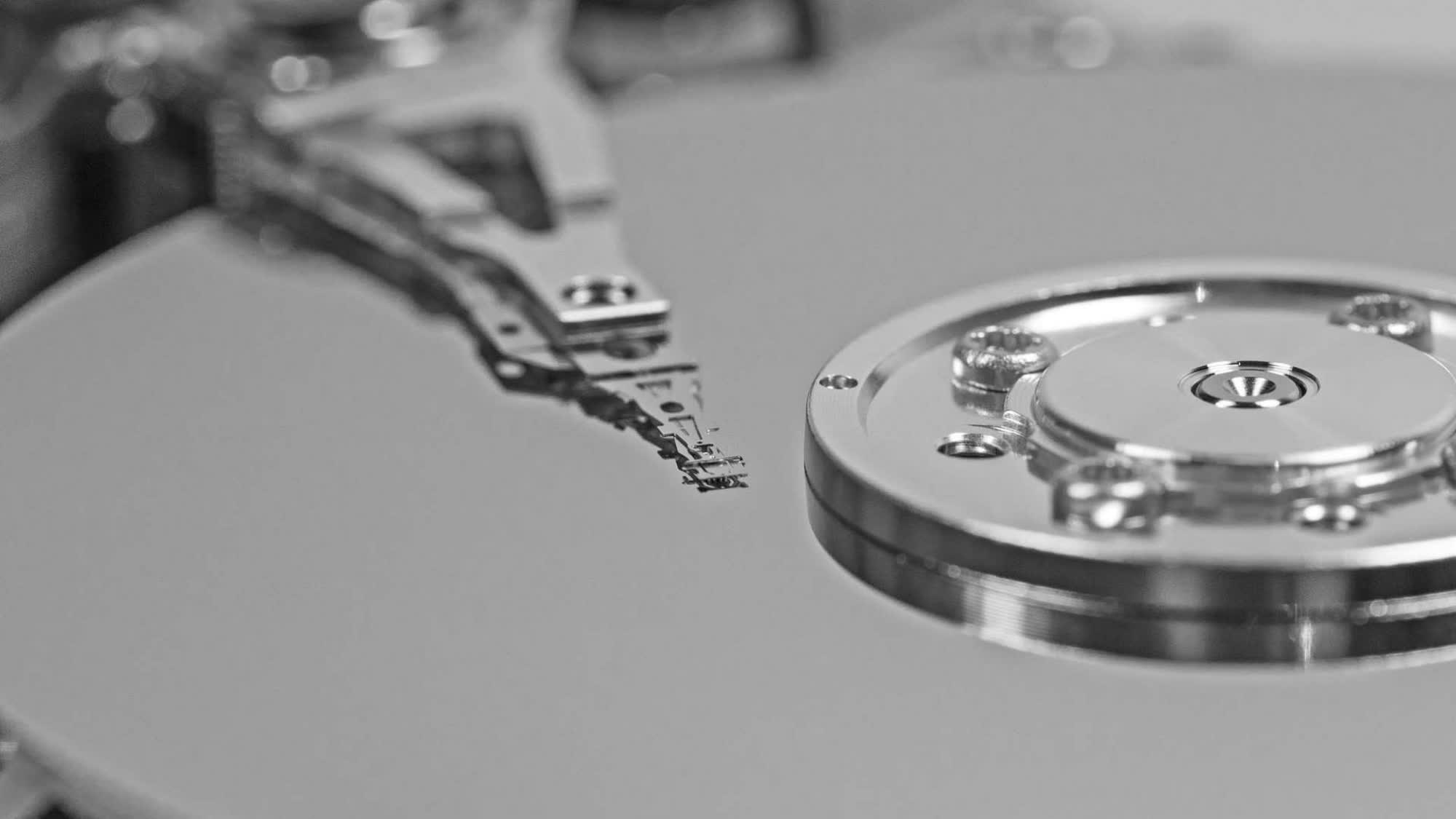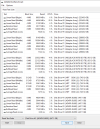Forward-looking: The new Exos 2X18 hard drives improve on the already impressive specs of the Exos 2X14 units. Using the Mach.2 multi-actuator solution, the 2X18 brings the humble magnetic storage technology closer to sequential data rates only seen in SATA SSD drives.

Who said traditional magnetic hard disks are dead? Certainly not Seagate, one of the few companies still trying to innovate a technology that ruled the storage world in the ages before SSDs and NAND Flash memory chips. The Fremont, California-based corporation is expanding its HDD offering for the enterprise market, introducing six new Mach.2 units. The HDDs are the fastest hard disks currently available.
Seagate describes Mach.2 as the first multi-actuator HDD tech, a solution to increase performance by "enabling parallelism of data flows in and out of a single hard drive." First seen in action with the Exos 2X14 product family, the Mach.2 technology employs two actuators with independent read/write heads that can transfer data concurrently. The dual actuators operate as if there were two distinct 8TB or 9TB drives, while the host system sees just the whole 16TB or 18TB unit.
Seagate's new Exos 2X18 line of Mach.2 hard drives improves the already impressive specifications of the Exos 2X14, bringing six new HDD models ranging from 16 to 18 terabytes of CMR, 7200RPM fast storage to the terabyte-thirsty enterprise market. The new drives are available in standard and self-encrypting (SED) models, using either a traditional Serial ATA interface or a more enterprise-oriented Serial Attached SCSI (SAS) interface.
Based on the same Helium Sealed drive design, all six drives include 256 MB of multisegmented cache memory. They also have the usual Seagate enterprise features such as PowerChoice (to manage idle power consumption), PowerBalance (to manage active power consumption), and Hot-Plug support.
Rated for 2,500,000 MTBF (Mean Time Between Failures), Exos 2X18 drives are designed to work in busy, 24/7 enterprise environments with a 5-year limited warranty. According to Seagate's official specifications, the SATA drives can sustain a maximum transfer rate of 545 MBps. The SAS drives can go up to 554 MBps in sequential reading/writing IO operations. Average energy consumption is slightly higher than traditional HDDs, going from 7.8/8W (SATA/SAS) while idle to 13.1/13.5W under heavy load.
https://www.techspot.com/news/96662-seagate-claims-mach2-enabled-exos-2x18-world-fastest.html
